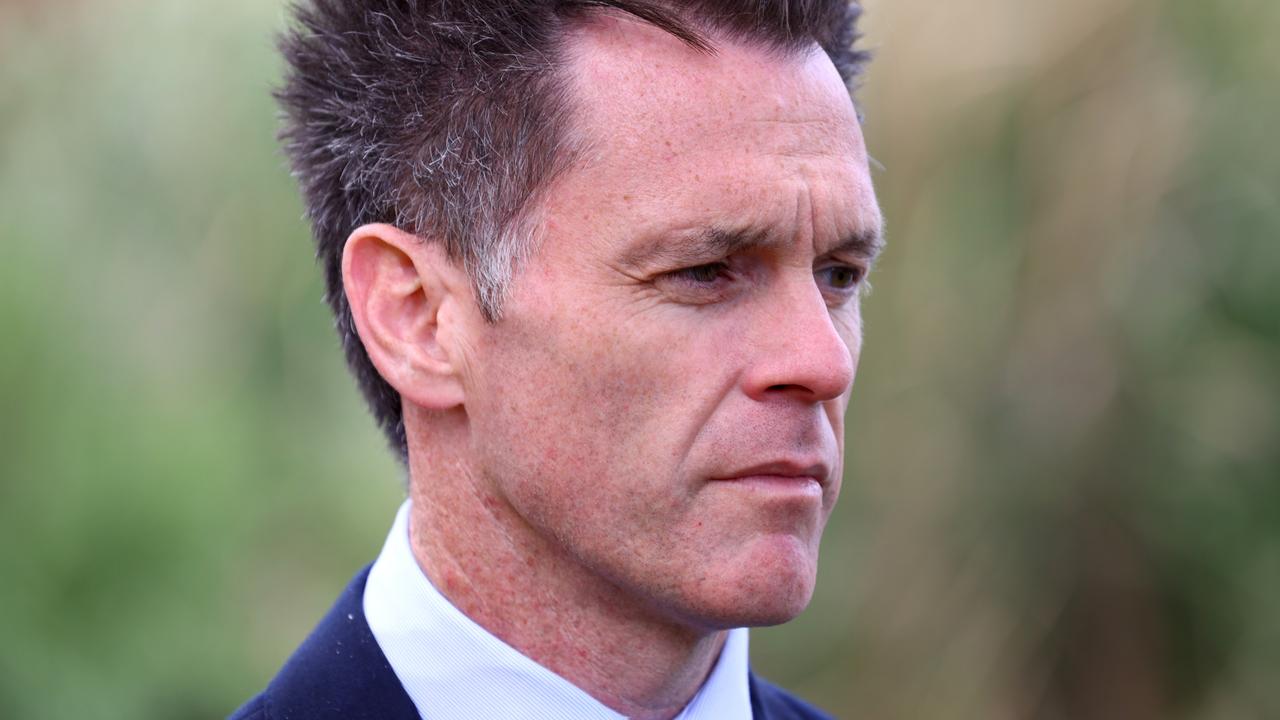NSW Premier Chris Minns has said the state is unable to put a “stop sign” to the Commonwealth’s plan to increase immigration, despite ongoing pressures to NSW’s budget.
While NSW continues to be on the warpath after being short-changed in the GST carve-up, Mr Minns says he is unable to use federally-mandated migration targets as a bargaining chip to get higher GST revenue.
This comes as funding splits determined by the independent Commonwealth Grants Commission (CGC) will result in NSW receiving $310m less this year.
“It’s certainly not up to me to do that because the Commonwealth’s responsible for immigration policy,” Mr Minns told reporters on Tuesday.
“Even if I didn’t agree to it, there’s no law or provision under the Constitution that would allow me to put up the stop sign. It’s just not possible.”
This is despite the Premier arguing that NSW should receive more in GST distribution, with Australia’s migration intake expected to exceed 500,000 this year, and the state taking in about 37 per cent of immigrants annually.
Instead he said the budgetary pressures would mean NSW will be unable to support the commonwealth’s reforms in health care, education, and NDIS.
“It’s just not reasonable for me to say to the NSW taxpayers (that we’re) either going into further debt, or we’re going to tax you more because Western Australia, and Victoria (have demanded) even more of their GST share,” he said.
Amid the continued furore over the GST carve-up, NSW will petition Treasurer Jim Chalmers to reform the current system to award GST based on population.
While 31 per cent of Australia’s population lives in NSW, the state gets about 27 per cent of GST revenue.
Mr Minns said a per capita strategy was the “only fair way” to split up the proceeds.
He also took fire at Western Australia, which he said was “on the verge” of becoming a wealthy Middle Eastern “petro-state” due to profits from mining, yet still received disproportionate amounts of GST under the Commonwealth’s no-worse off guarantee.
“I don’t think anyone would say that it’s reasonable that Western Australia becomes wealthier and wealthier and wealthier, at the expense of all the other states in the Commonwealth,” said Mr Minns.
He added that it was important for Australia to be investing in economies which weren’t just dependent on natural resources, flagging growing sectors like financial technology, creatives cultures, and education services.
“That share of the economy is largely driven out of Sydney, and if you continue to short-change Sydney, it means that you risk becoming even more dependent on natural resources,” he said.
